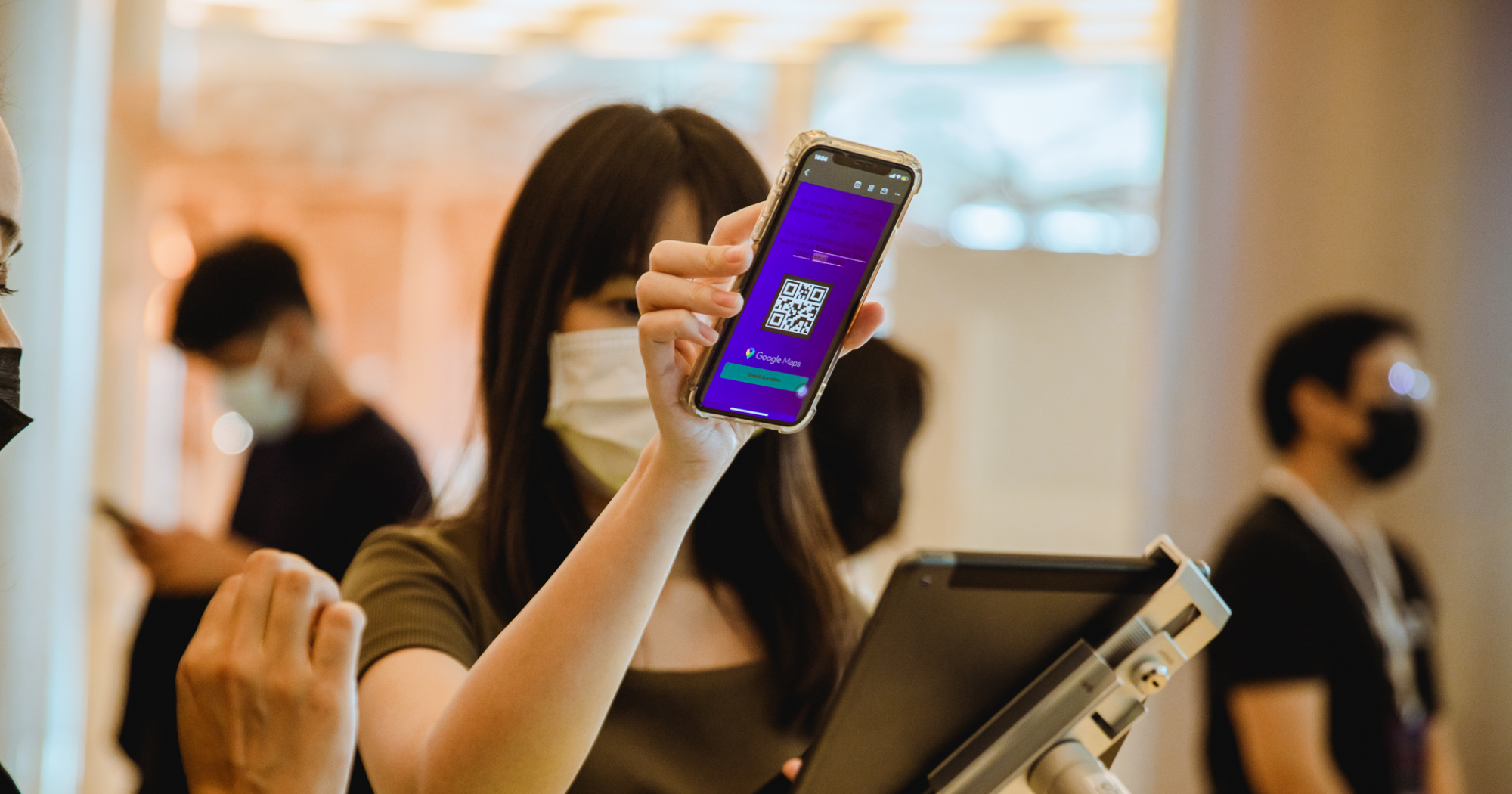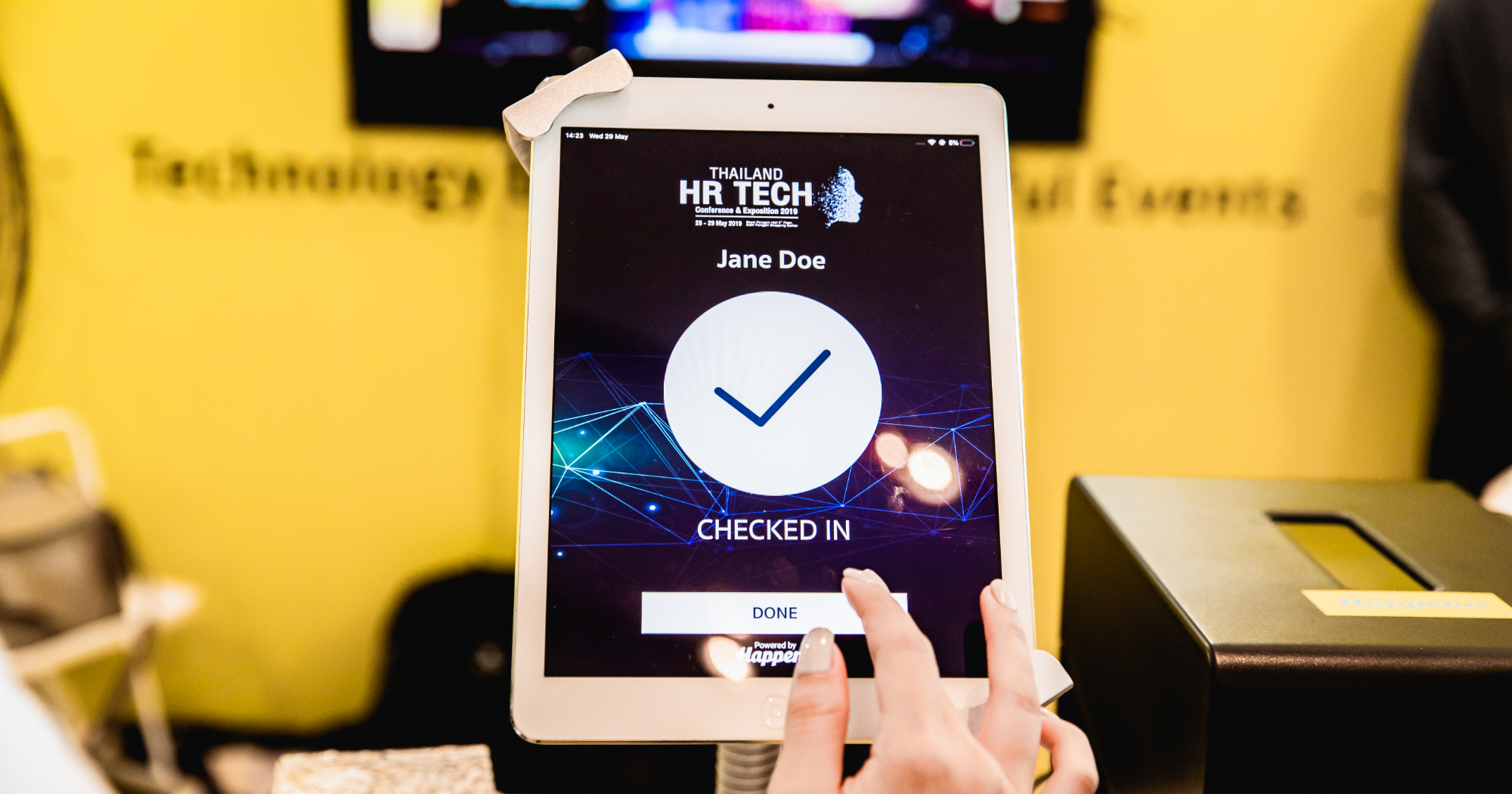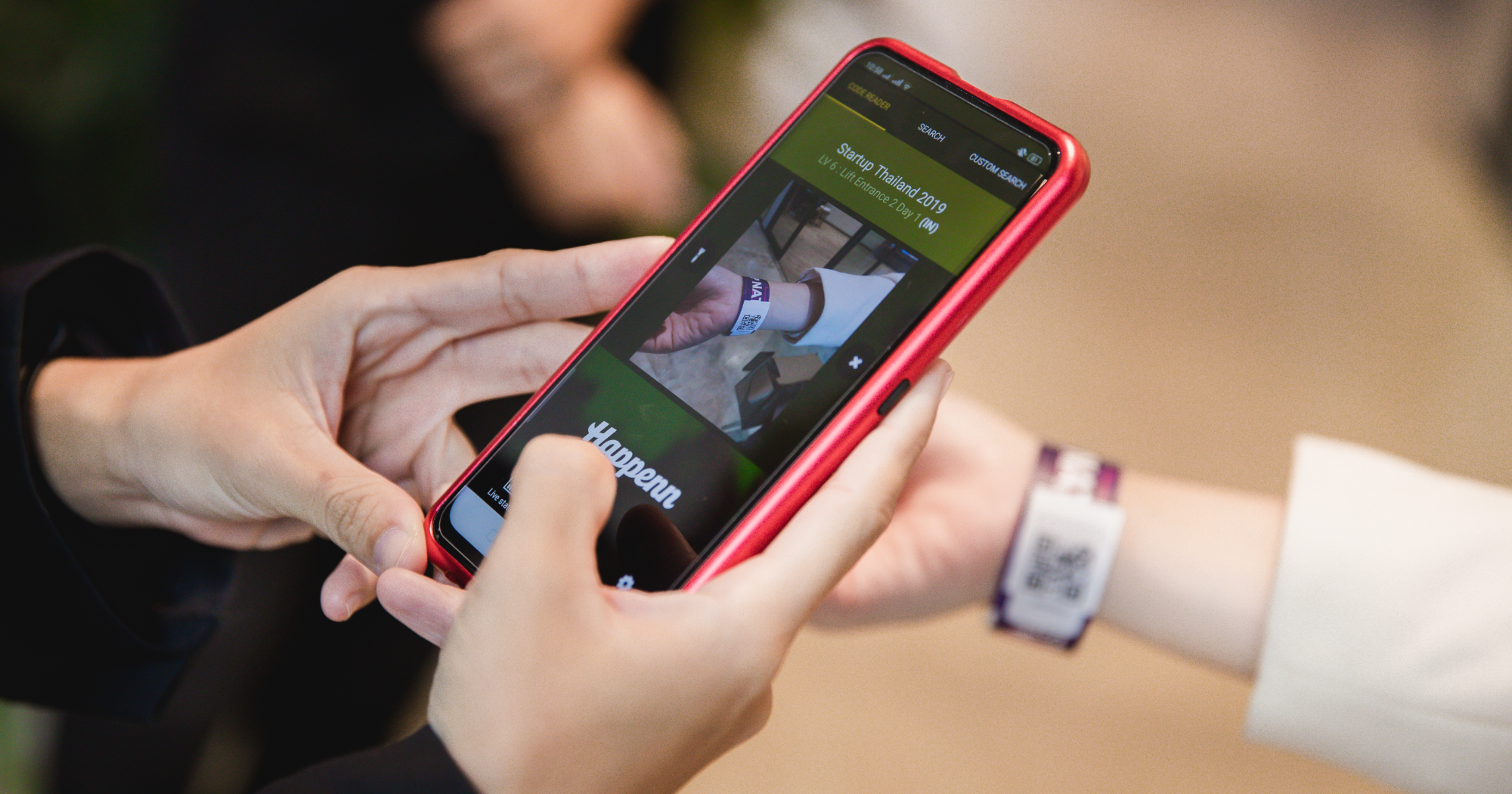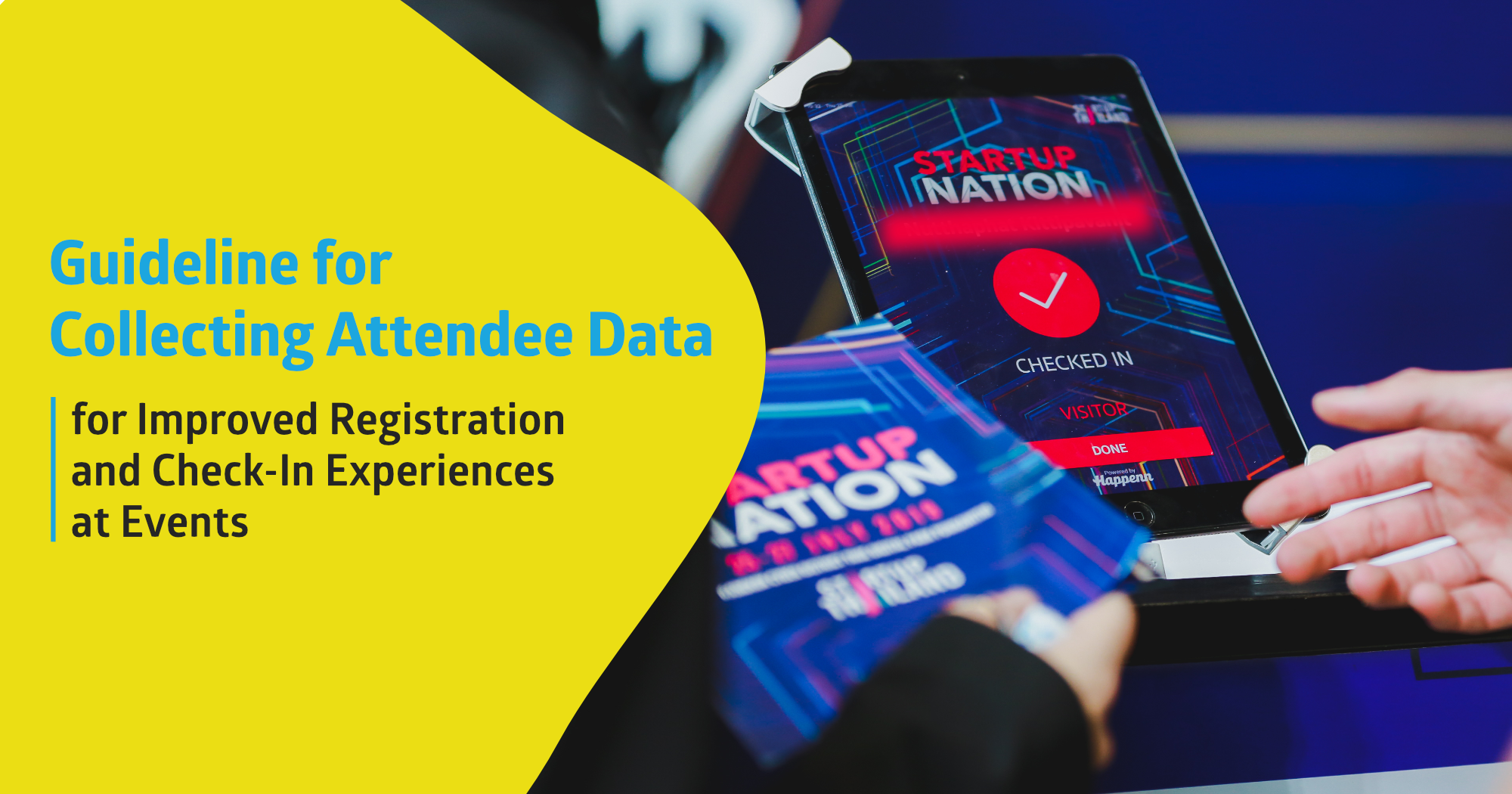As an event organizer or host, collecting data from your attendees is crucial for ensuring a seamless registration and check-in process. However, it’s essential to balance gathering the necessary information and respecting attendees’ privacy.
This article will explore the key data you should collect from event attendees, why it is essential, and how to comply with privacy regulations such as the EU’s General Data Protection Regulation (GDPR).
Full Name
Collecting attendees’ full names allows for accurate identification during registration and check-in. It ensures that each attendee receives personalized communication and facilitates smooth interaction throughout the event. Additionally, full names help prevent duplication of registrations and facilitate targeted marketing efforts (if allowed).
Email Address
Obtaining attendees’ email addresses enables effective communication before, during, and after the event. It allows organizers to send event updates, confirmations, and essential information, such as agenda changes or additional sessions. Email addresses also serve as unique identifiers for individual attendees, streamlining check-in processes and enabling post-event follow-ups.
Contact Number
Including a contact number field helps event organizers stay connected with attendees. It proves valuable for urgent event-related updates or if there are any unforeseen changes or emergencies. And the phone number can also be used as an alternative verification channel while registering for the event instead of email.

Dietary Preferences or Restrictions
If food or beverages are provided at the event, requesting dietary preferences or restrictions assists in accommodating attendees’ needs. In addition, this data ensures that appropriate meal options are available, considering allergies, vegetarian or vegan preferences, or religious dietary restrictions.
Optional Information
Including fields such as job title, company name, or social media handles should be optional. This allows attendees to choose whether to share such details, preventing unnecessary data collection and respecting their privacy preferences.
Privacy and Compliance
In light of privacy concerns, adhering to privacy regulations, such as the EU’s GDPR, is essential. When collecting attendee data, ensure transparency and obtain explicit consent for data processing. Clearly state the purpose of data collection, how it will be used, and any third-party involvement. Implement appropriate security measures to safeguard the collected data, including encryption, access controls, and regular data backups. Remember to allow attendees to review, modify, or delete their data if requested.
Avoid Requesting Unnecessary Information
While collecting attendee data is essential, it’s equally important to respect privacy boundaries. There are certain types of information that hosts should avoid asking participants in the registration form to ensure they do not cross the privacy line. Here are some examples:

Financial Details
Asking for participants’ bank account numbers, credit card information, or income details is unnecessary for event registration purposes. Such information is highly sensitive and should only be requested by trusted payment gateways or in specific cases where financial transactions are involved, ensuring the highest level of security measures.
Political or Religious Beliefs
Avoid requesting information about participants’ political affiliations, religious beliefs, or other sensitive ideological aspects. Respect attendees’ privacy and ensure the event focuses on the main subject matter without delving into personal opinions or preferences unrelated to the event’s purpose.
Physical Address (unless necessary)
While collecting mailing addresses may be necessary for certain events, hosts should be cautious and only request this information if it directly relates to the event, such as for ticket delivery.
Conclusion
Collecting the correct data from event attendees is vital for enhancing the registration and check-in experiences. By requesting necessary information such as full names, email addresses, and phone numbers, event organizers can provide personalized communication and tailored event experiences.
However, it is crucial to respect privacy and comply with regulations like the GDPR, ensuring transparent data practices and safeguarding attendees’ personal information. Striking the right balance between data collection and privacy protection will help create a positive and memorable event experience for all attendees.
Simplify Your Event Registration and Check-In Process with GDPR-Compliant Privacy Protection

If you’re looking for a registration and check-in system that ensures GDPR compliance and respects privacy at the highest level, Happenn is here to assist you. Our comprehensive event management solutions prioritize data protection, allowing you to collect attendee information securely while maintaining privacy standards. Whether you need assistance with registration forms, check-in procedures, or data management, we have you covered.
Contact us today through the contact form on our website or reach out directly via email at hello@happenn.com.

